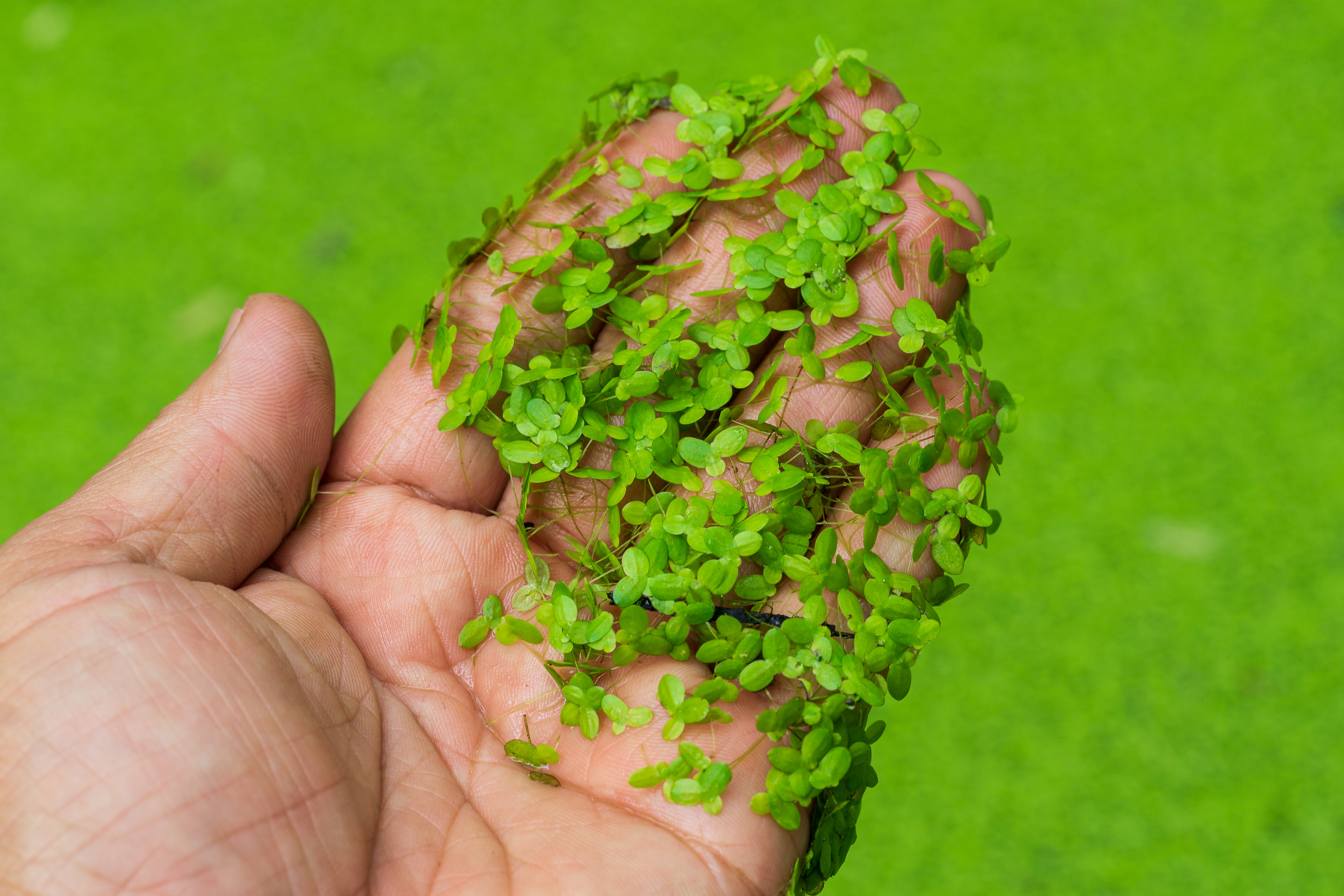A fast-moving plant might sound like the stuff of science fiction, but the reality is that our planet’s greenery is far from static. Come with us to discover rapid growers, spore-spreading explosions, and snappy aquatic predators – it’s time to meet the fastest plants on Earth.
Growth
Traditionally, bamboo has been thought of as the world’s fastest-growing plant. It’s still listed as such on the Guinness World Records website, which states that some species of bamboo grow at a rate of 0.00003 kilometers per hour (0.00002 miles per hour), adding an extra 91 centimeters (35 inches) to its height each day.
However, recent research has suggested a new contender for the crown: duckweed. The term duckweed refers to a number of aquatic plant species within the genus Wolffia, including the smallest flowering plant in the world. But what Wolffia lacks in size, they more than make up for in speed. Endemic to India, the species W. microscopica grows so rapidly that it doubles its size in just 29.3 hours.

Fun fact: duckweed is surprisingly high in protein and researchers are exploring if it could be grown in “space gardens”.
Image credit: SKphotographer/Shutterstock.com
Why do they grow so fast? Some researchers think that it’s down to ditching the light and dark cycle that normally regulates plant growth. “Surprisingly, Wolffia only has half the number of genes that are regulated by light/dark cycles compared to other plants,” said Todd Michael, author of a study investigating Wolffia growth, in a statement. “We think this is why it grows so fast. It doesn’t have the regulations that limit when it can grow.”
It’s also dumped a number of other genes, including those involved with root growth and defense mechanisms. As Michael explained, “It seems to have evolved to focus only on uncontrolled, fast growth.”
Dispersal
Sphagnum mosses play a critical role in the formation of peat bogs, storing water, providing nutrients, and preventing the decay of dead vegetation – and they also rapidly explode. The mosses spread using spores, which are contained within a spore capsule. During the summer months, the capsules dry and shrink; this puts enough pressure on the capsule that, sooner or later, it bursts open, sending the spores flying.
Researchers Joan Edwards and Dwight Whitaker captured this in action, as part of a study exploring Sphagnum spore dispersal. They discovered that the cap covering the capsule flew off in less than 0.01 milliseconds. “It’s so fast you can’t really measure it,” said Edwards, speaking to New Scientist. The spores themselves initially accelerated with a g-force of 36,000. For context, the g-force experienced in a space shuttle launch is around 3 g – so these spores are moving fast.
Predation
While triffids thankfully remain fictional, carnivorous plants do exist. You might be thinking of the famous snap of a Venus fly trap right now, but there’s a genus of aquatic plants that nab their prey even faster. Aquatic bladderworts snack on a number of tiny prey, ranging from insect larvae to young tadpoles, and they do so impressively fast.
A study in 2017 used a high-speed camera to capture the southern bladderwort (Utricularia australis) sucking in its prey at velocities up to 4 meters per second and with accelerations up to a whopping 2,800 g. After some unfortunate creature makes contact with a trigger hair, the entire process of the southern bladderwort opening its trapdoor (which loosely resembles a bladder), sucking in its prey, and closing the door occurs within 9 milliseconds, on average. That’s a pretty powerful plant.
What we can take from this is that you don’t mess with plants – they’re faster than you think.
Source Link: The Fastest Plants On Earth: Speedy Growers, Exploding Mosses, And Underwater Carnivores